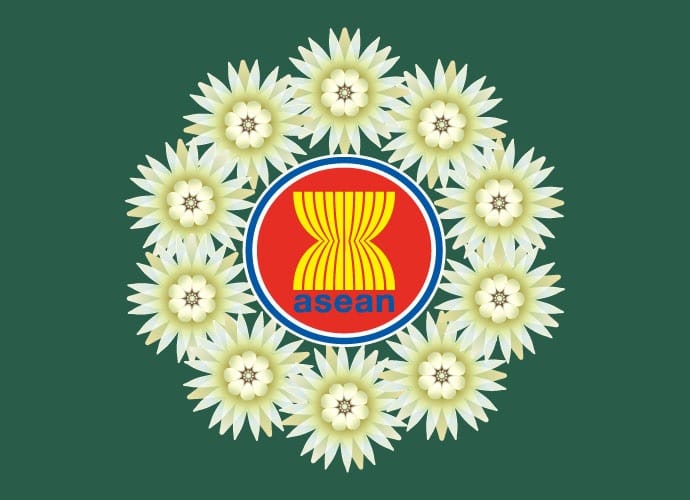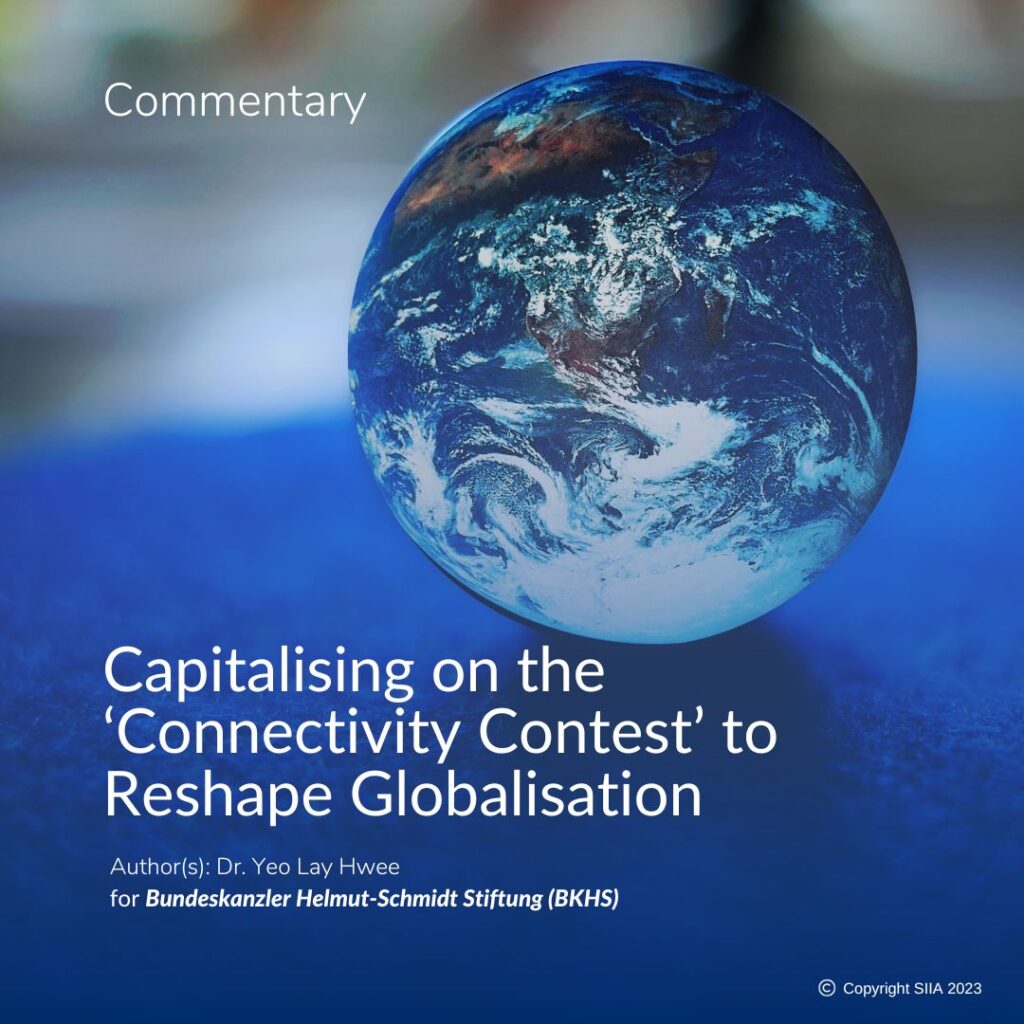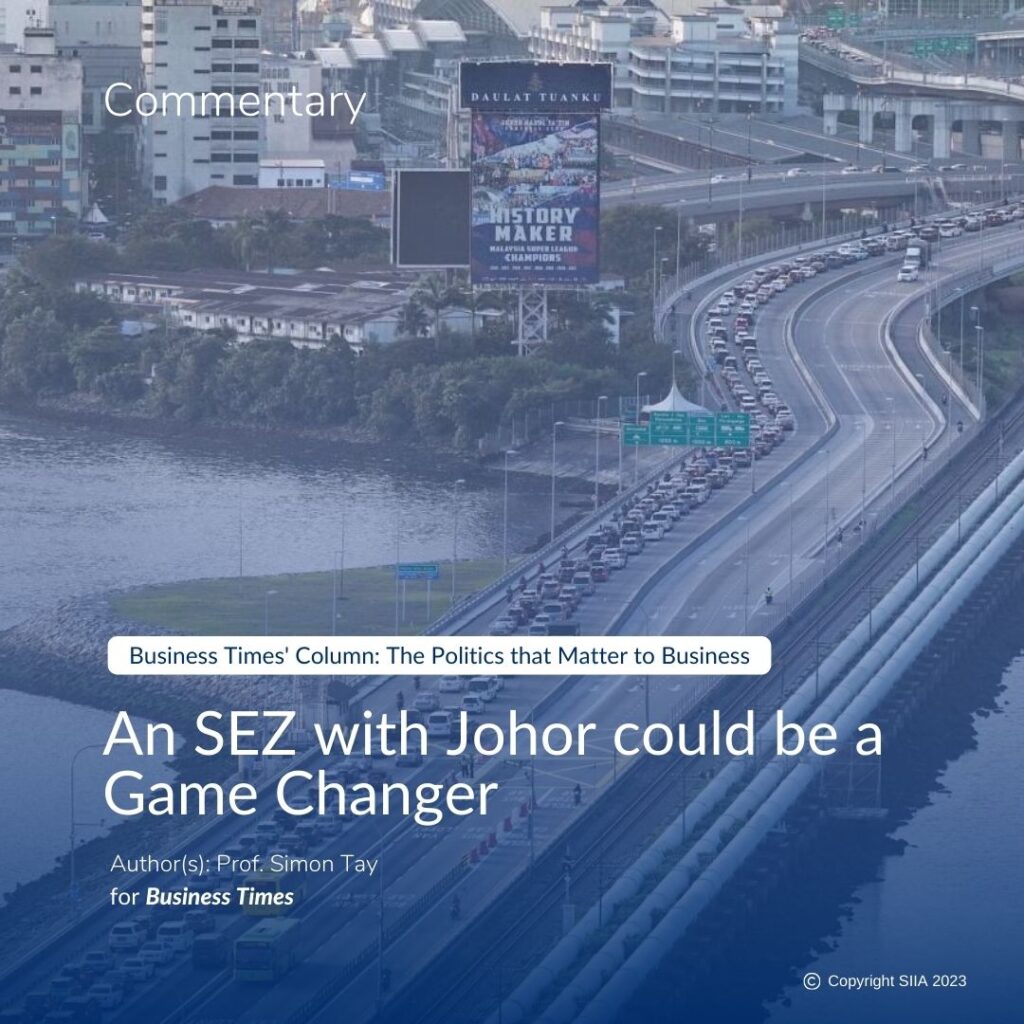Myanmar’s chairmanship of the Association of Southeast Asian Nations (ASEAN) has begun with promise and even aplomb. The first meeting of foreign ministers held in Bagan this month was a closed-door retreat, expected to be informal and low-key.
Yet, a short but significant statement was issued on the most controversial topic that every ASEAN chair has had to deal with in recent years.
This called on states to settle disputes by peaceful means in accordance with international law, including the 1982 United Nations Convention on the Law of the Sea. The group also urged self-restraint in the conduct of activities.
In present circumstances, such calls are less than innocuous.
The South China Sea is contested by four ASEAN member states and China. Beijing only recently announced a new requirement that fishing vessels from other countries must seek its permission to fish — a demand that the Philippines and Vietnam reject.
This comes on top of disputes between China and Japan over the Senkaku/Diaoyu islands and China’s controversial declaration of an Air Defence Identification Zone.
The statement cleaves to principles relevant to the controversy, yet avoids taking sides. That Myanmar steered the meeting to such a statement bodes well. Two years ago, when Cambodia was chair, it floundered under pressure to avoid any mention of the South China Sea.
This time, there are reasons to believe that — despite being new to the chair — Myanmar can do well.
IMPROVED CONDITIONS
With the country coming out of isolation and beginning a political transformation towards elections in 2015, interest among investors has surged. The Obama administration has especially welcomed and supported developments, while China remains interested and, given the long shared border with Myanmar, influential.
Everyone wants Myanmar to succeed as ASEAN chair and in its own process of opening up. External conditions have also improved.
China has signalled a friendlier attitude to most of ASEAN, as witnessed in President Xi Jinping’s subsequent visits to Indonesia and Malaysia.
As a non-claimant to the South China Sea, Myanmar can help manage the issues without favour. Progress on the Code of Conduct with China would be warranted, even if resolution is not possible in the short term.
Other factors, however, bear watching. One key element for ASEAN will be Sino-Japanese tensions rising over territorial disputes in the East China Sea. The two Asian giants engage deeply with Myanmar and, indeed, all of ASEAN, both politically and economically. If rivalry boils over, this would be invidious.
Individual members may be closer to one side or the other. But for ASEAN as a group, the necessary stance must be neutrality based on principle. Hence, the significance of the statement from the early Bagan meeting.
PROTECTIONISM, ETHNIC STRIFE
A second marker for successful chairmanship will be the intra-ASEAN aim to develop an integrated economic community by next year. Given that Myanmar is newly opening up, there are concerns about the pace of integration and impact on its small and medium enterprises (SMEs).
Calls for protectionist rules could arise. Myanmar should not hold economic integration hostage. It can, however, develop a supporting, parallel agenda on key issues facing SMEs, such as finance and capacity.
A third factor to watch will be capacity. The government has shown it could handle the logistics of the recent SEA Games. Bear in mind, however, that for ASEAN, there will be not only the two summits for leaders, but also about 240 meetings throughout the year.
This requires not only time and administration, but also focus. The question of Myanmar’s internal politics therefore interplays with its ASEAN chairmanship.
Take the Rakhine state and other ethnic issues. At Bagan, the Myanmar government drew a line in asking that ASEAN not discuss these issues, despite concerns about the treatment of Muslim minorities. This is understandable and, indeed, not without precedent — the group has largely refrained from engaging on similar challenges in the South of Thailand and the Philippines.
But much depends on the Myanmar government being able to manage the issues. Reports of increased violence, for instance, coincided with the Bagan retreat. If the situation flares up, others such as the European Union or the United States may raise concerns, and this may then require an ASEAN-wide response lest the issue affect the group as a whole.
As such, even while Myanmar does its best as a first-time chairman, it need not and should not feel that it works alone.
Some ASEAN members such as Indonesia have presidential elections looming, while others face their own domestic pressures. But others can step up to help, as neighbours and friends, so that ASEAN works collectively and for the good of the region. Managing the long-term agenda of ASEAN and the potential rivalries in the wider region will require nothing less.
ABOUT THE AUTHOR:
Simon Tay is Associate Professor at the National University of Singapore Faculty of Law and Chairman of the Singapore Institute of International Affairs (SIIA). The SIIA was recently ranked No 1 think-tank in Asia and the Pacific, and is assisting in Myanmar’s ASEAN chairmanship. This article appeared in the TODAY newspaper and The Malaysian Insider on 29 January 2014.




